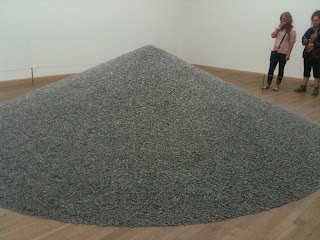I was in a research group with my brother Aaron, and we researched the Devolution of Northern Ireland and the Northern Ireland Peace Process, both of which took place in 1998. We concluded that both of these events have improved peace and prosperity throughout Northern Ireland, and our research findings supported this. There have been no new terrorist attacks in Northern Ireland since the last bombing soon after the Good Friday Agreement, and the new government has done well under the power sharing system. Northern Ireland has had much faster economy and job growth than the other UK countries as well.
I am very satisfied that I chose this as my research topic. I learned an incredible amount about something I knew nothing of before, and my knowledge has grown in other areas as well. I don't think your brain can ever fill up, so there's no reason to not learn as much as you possibly can about the world. It was also a great experience to do research as an undergraduate, something I hope to do again before I graduate. This experience will make future research projects easier to do, and I am excited to continue in research.
I believe Tony Blair deserves a ton of credit for the success and implementation of both the Devolution of Northern Ireland and the Northern Ireland Peace Process. He advocated it nearly single handedly near the beginning, and fought tirelessly for months to make it work out. He succeeded where previous leaders had failed, or didn't even try. Many people consider it his greatest triumph as Prime Minister.















